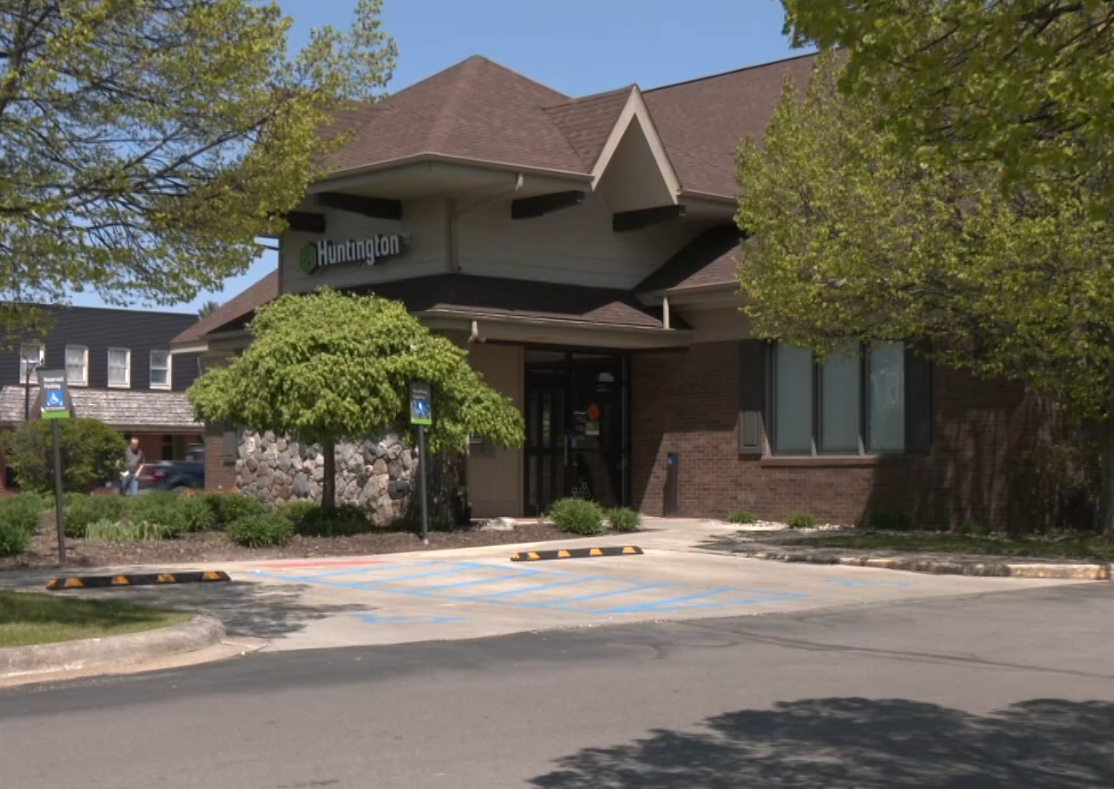
It’s been two months since Michigan’s No Fault Auto Insurance reform went into affect.
But there’s already been some life changing impacts on home health aide companies and families of auto crash survivors.
Traverse City resident Brittney Ruckle was in an auto accident when she was nine years old that left her with a traumatic brain injury. Her mom, Kris Ruckle-Mahon, is her primary caregiver, but her family still brings in two caregivers for 24 hour care. “Brittany has 238 hours a week of 24 hour 7 days a week care and along with the second person, up to 10 hours for safe bathing, transfers, home therapy programs,” said Kris.
But under Michigan’s new law, family caregivers are only allowed 56 hours of paid care a week. Kris’ insurance company offered a contract under this new law. “If I didn’t sign it, then they would only pay 56 hours and they would include the caregivers that I hire in that 56 hours as well,” she said. And for a while, she didn’t sign the contract.
“I’ve been, out of pocket with our savings, paying for all of July and now all of August without any reimbursement for the care that Brittney deserves,” said Kris. But eventually negotiated the rate down in order for insurance to pay more than 56 hours a week. “I don’t know how long I could afford to go paying people without being reimbursed,” she said.
The new law also means a 45% pay cut to Brittney’s home health aides and therapists. With the pay cut, Brittney has gone without a few necessary therapies. “We had a medical massage come in to the house, and she no longer comes in because of the 45% reduction in pay,” said Kris. “It was too much of a battle trying to figure it out with the insurance companies, so that Brittney has gone without her massage for two months now.”
Kris hires her own caregivers for Brittney through home care agencies. A lot of the agencies, Kris says, have had a hard time finding people to work. “They don’t have people filling out applications, they don’t have people to send, so Brittney has gone without her 24/7 second person assist,” she said. When there’s no one there to work, all the care is placed back on Kris. “I can only do so much,” said Kris. “It’s just not the best for Brittney.”
Todd Nienhouse is co-owner of in Traverse City. He’s a certified brain injury specialist and has been Brittney’s exercise therapist for the past eleven years. He says this new law has been frustrating for him as a business owner. “We’ve had to stop some services, and this is services for clients that are like Brittney and their choices are limited,” Nienhouse said of the 45% pay cut.
Nienhouse said it’s also been hard to find independent contractors who will work for them. “We were charging a competitive rate before the 45% cut,” Nienhouse said. “We have a very specific niche with specialized care and that’s what this whole target is on—providers and survivors—and we’re just like anybody else trying to make a living.”
Kris said this new law is making long lasting impacts. “Because of these reduced cuts, there’s going to be less companies, therefore, even if you’re not an auto crash survivor, you’re going to be affected in some way down the road,” she said.
Kris, and other auto accident families, have been reaching out to lawmakers to see if they can make a change.

© 2023 - 910 Media Group

